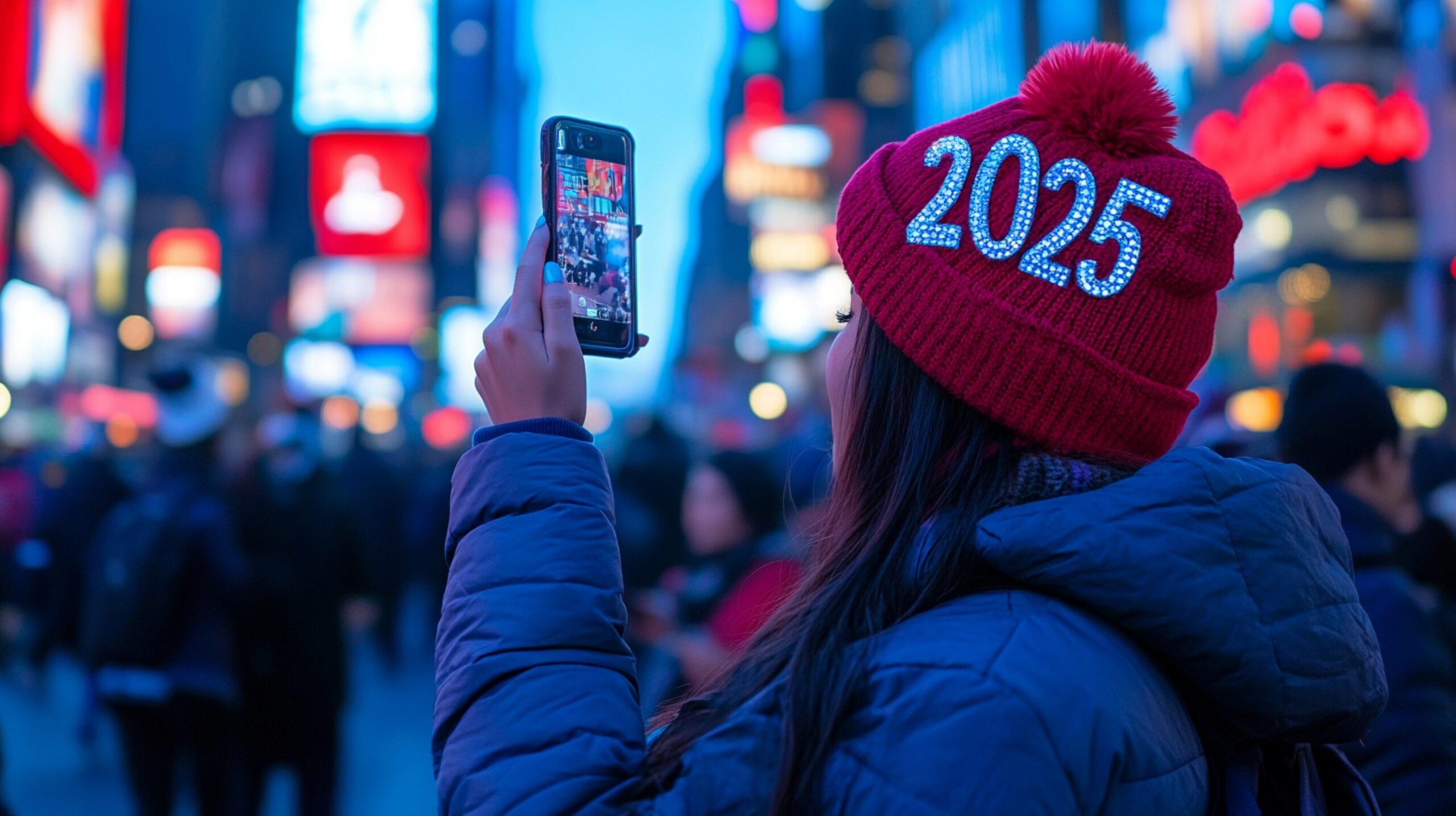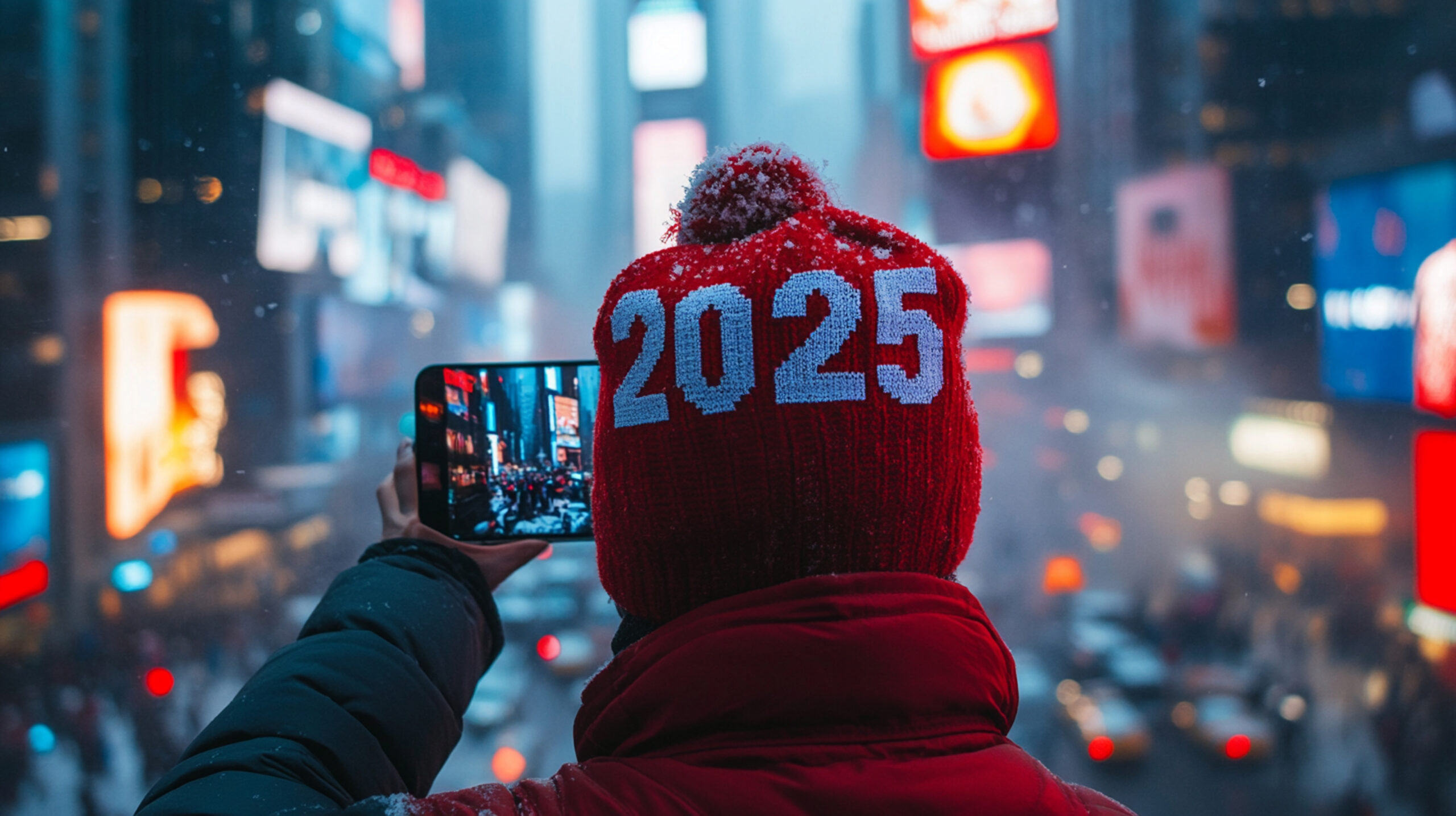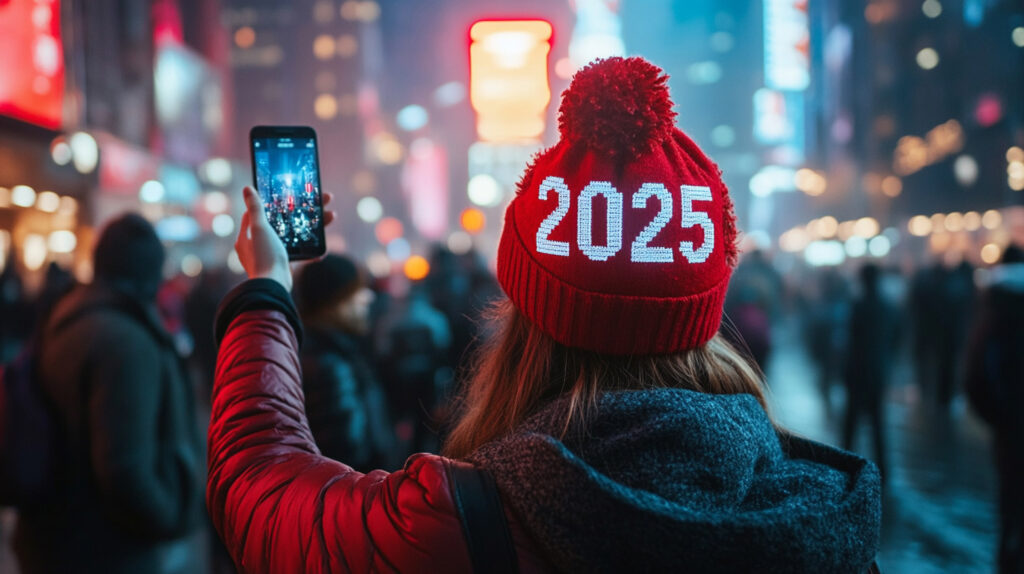As we move closer to 2025, the landscape of social media continues to evolve at an unprecedented pace. With new technologies emerging and consumer behaviors shifting, it’s crucial to stay ahead of the curve. In this article, we will explore the most significant trends expected to shape the future of social media in 2025. From the rise of new platforms to changes in user engagement, these predictions will give you valuable insights into what’s to come.
The Rise of Decentralized Social Networks
One of the major shifts we anticipate in 2025 is the growth of decentralized social networks. Unlike traditional platforms that are controlled by a central authority, decentralized networks allow users to have more control over their data. This shift is driven by the increasing demand for privacy and data security among users. Platforms like Mastodon and Diaspora are already gaining popularity, and we expect this trend to continue.
Decentralized platforms give users more autonomy, ensuring their content isn’t subject to censorship or corporate control. As privacy concerns grow, more users may turn to these platforms, seeking an alternative to mainstream networks.
Data Privacy and User Control
Privacy has become a top priority for social media users. With ongoing data breaches and misuse of personal information, people are more aware of how their data is handled. In 2025, we expect social media platforms to adopt more transparent policies regarding data collection and use.
This focus on data privacy will likely lead to the adoption of decentralized social networks, where users have control over their own data. These platforms also allow for encrypted messaging and more secure interactions, which will appeal to users seeking privacy.

The Dominance of Short-Form Video Content
Short-form video content has taken over social media, thanks to the success of platforms like TikTok, Instagram Reels, and YouTube Shorts. In 2025, we expect this trend to dominate even further as attention spans shorten and mobile consumption rises.
Video content is engaging, entertaining, and easily consumable, making it a preferred format for users and brands alike. As more platforms introduce short-form video features, the competition will heat up, pushing content creators to produce higher-quality content in less time.
Brands Leveraging Video for Engagement
Brands will increasingly use short-form video to engage with their audience. Whether it’s through product demos, behind-the-scenes footage, or influencer collaborations, videos allow brands to connect with their audience on a more personal level. This form of content is perfect for storytelling, which is key in building brand loyalty.
The Role of Artificial Intelligence and Automation
Artificial intelligence (AI) and automation are already transforming the way we interact with social media, but by 2025, their role will be even more significant. AI will help businesses analyze user behavior, predict trends, and personalize content.
Additionally, automation tools will become more sophisticated, enabling brands to manage multiple social media accounts, schedule posts, and engage with followers more efficiently. These advancements will free up time for marketers to focus on strategy while ensuring content is delivered consistently.
AI in Content Creation and Curation
One of the most exciting applications of AI in social media is its ability to assist with content creation. AI tools can generate captions, suggest hashtags, and even write entire posts, making it easier for brands to maintain a consistent online presence.
On the curation side, AI will help users discover content tailored to their preferences. Algorithms will analyze user behavior to recommend posts, videos, and articles that match their interests, creating a more personalized experience.
Shopping Directly Through Social Media
Social commerce has been growing steadily over the past few years, and by 2025, it will be a dominant force in e-commerce. Platforms like Instagram, Facebook, and TikTok have already integrated shopping features, allowing users to purchase products without leaving the app.
This trend will only intensify as more businesses adopt social media as a primary sales channel. The seamless integration of shopping and social media will make it easier for users to discover new products and complete transactions in just a few clicks.
Interactive Shopping Experiences
In 2025, we expect to see more interactive shopping experiences on social media. Live shopping events, where influencers or brands showcase products in real-time, will become more popular. These events create a sense of urgency and exclusivity, encouraging users to make purchases on the spot.
Additionally, augmented reality (AR) features will allow users to “try on” products virtually before buying them. This will be particularly useful for fashion and beauty brands, helping customers make more informed purchasing decisions.
Increased Focus on Mental Health and Well-being
As the negative impact of social media on mental health becomes more apparent, platforms will take more steps to promote well-being in 2025. Features like time limits, content filters, and wellness reminders will become standard, helping users manage their online presence in a healthier way.
Platforms will also continue to combat online harassment and bullying by implementing stricter policies and AI-driven moderation tools. The goal will be to create a safer environment for all users, especially younger audiences.
Well-being Features and Content Moderation
In response to growing concerns, social media platforms will introduce more well-being features. For example, users will be able to set time limits on how long they spend on the app, receive reminders to take breaks, and filter out potentially harmful content.
Content moderation will also improve, thanks to AI tools that can detect inappropriate or harmful behavior. These tools will work in real-time to remove offensive content and protect users from online harassment.
Virtual and Augmented Reality Integration
Virtual reality (VR) and augmented reality (AR) are set to revolutionize social media by 2025. These technologies will allow users to interact with digital environments in new ways, creating immersive social experiences.
Platforms like Facebook, with its Metaverse initiative, are already exploring how VR can be used for social interaction. In the coming years, we expect more platforms to integrate these technologies, offering users a more engaging and interactive experience.
Metaverse: The Future of Social Interaction
The Metaverse is a virtual world where users can interact with each other in real-time. It’s set to change the way we socialize online, offering immersive experiences like virtual concerts, meetings, and even shopping.
As more people adopt VR devices, the Metaverse will become a central part of social media, allowing users to connect in ways that go beyond traditional text or video interactions.

Conclusion
The future of social media in 2025 is filled with exciting possibilities. From the rise of decentralized platforms to the integration of AI, video content, and virtual reality, social media will continue to evolve and shape our digital lives. Brands and users alike need to stay ahead of these trends to thrive in the ever-changing social media landscape. By embracing these changes, they can ensure success in the world of social media in 2025.





